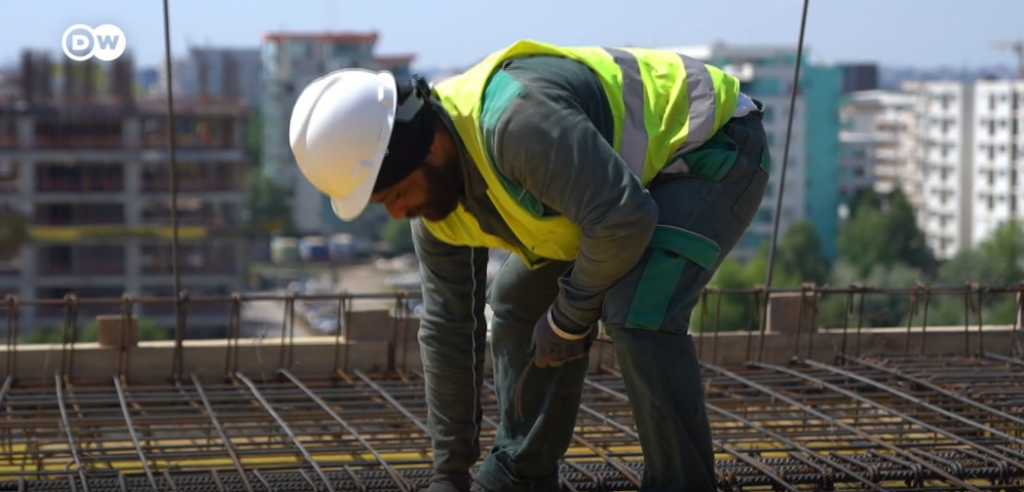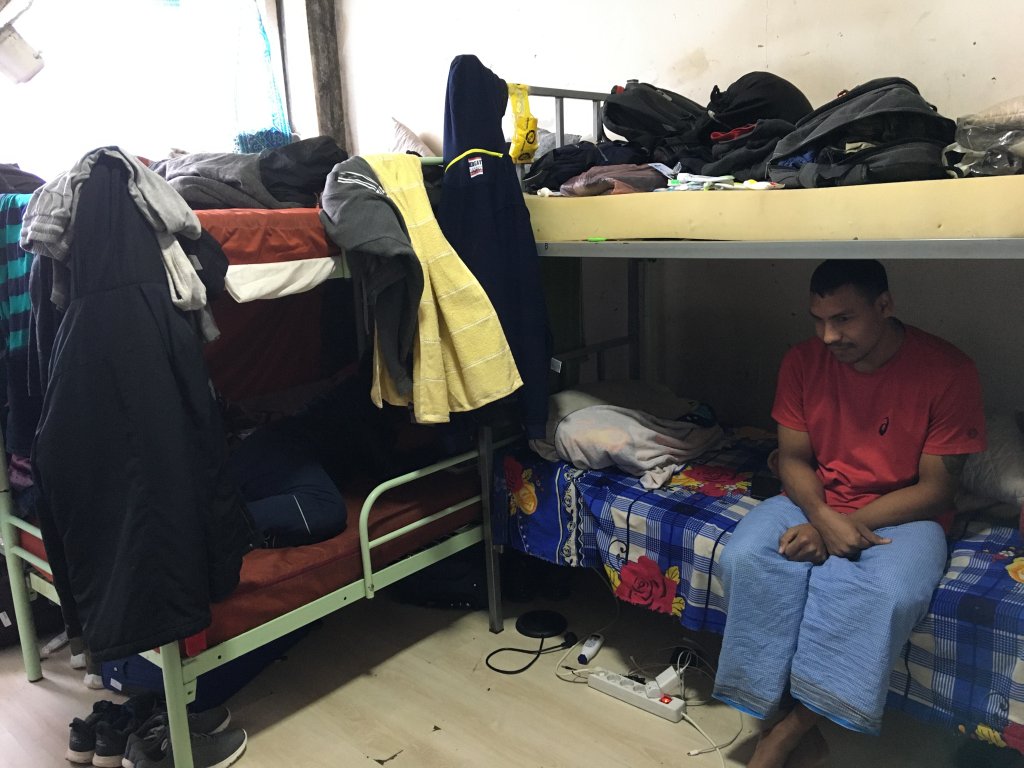Romania has become a destination for many Asian migrants seeking work abroad. However, not all visa-holders stay in the eastern EU country. We take a closer look.
The Romanian government has said that the country needs foreign workers to keep its businesses afloat. In June 2023, they said the economy would need at least half a million foreign workers to keep going. But then so many people applied to work in the eastern EU country that the authorities admitted they were finding it hard to process all applications in time.
Applying for Romania Work Permit
Foreign citizens need a Romania work permit to work in the country unless they are from the European Union (EU). Any non-EU citizens will need to apply before they can find work in Romania.
“There are several types of work permits that can be granted to foreign citizens: for permanent workers, seasonal workers, for trainees, for athletes, for cross-border workers, nominal work permit. Depending on the category of your activity, the right to extend your temporary stay for employment purposes can be extended up to 1 year, as a general rule. As far as highly skilled workers are concerned, their stay can be extended up to 2 years,” explains a Romanian government website.
An employer needs to initiate the steps necessary for a foreigner to gain a work permit and pay the applicable taxes. It takes up to 30 days to process requests.
The Romanian government issued 42,000 South Asian migrants work visas in 2023, the Romanian Border Police told InfoMigrants.
Number of Romania Work Permit granted: Sri Lanka tops, Bangladesh second
Sri Lanka emerged as the top country on the list, with 11,429 Sri Lankans granted long-term work visas in 2023, reflecting a notable 56.2% increase from the previous year. This rise is attributed to an economic and political crisis in Sri Lanka, prompting citizens to seek opportunities abroad for a better life.

Bangladesh ranked second, with 11,138 Bangladeshi immigrants arriving in Romania with visas in 2023, marking a significant 27.5% increase from the preceding year. Some of that increase is fueled by political conflicts, accusations of authoritarian rule, climate change-induced displacement, and economic challenges exacerbated by the COVID-19 pandemic in Bangladesh.
Nepal stood at third place, with 9,715 Nepali citizens entering Romania on work visas in 2023. The numbers of Nepalis entering Romania in 2023 slightly decreased compared to data from the previous year.
Following above countries are Vietnam, Philippines, India, Pakistan…
In 2022, over 3000 Romania Work Permit was granted for Vietnamese workers.
There was a slight increase in the numbers of Pakistanis and Indians who entered Romania in 2023, compared to the numbers of those nationals entering in 2022.
Many workers, few students from Asia
When it comes to higher education, fewer students from South Asian countries chose Romania compared to those obtaining work visas. In 2023, only 829 people from South Asia arrived to study in Romania — an increase by 14.3% compared to 2022, when 725 students arrived.
Among the students who entered Romania last year, there were 461 Bangladeshis, 185 Indians, 130 Pakistanis, 40 Sri Lankans, and 13 Nepali citizens.

Some migrants try to travel onward from Romania
Not all people who received visas to work in Romania seem to stay in the country. There is a noticeable gap between the number of visa holders and the actual legal residents in the country. Romania’s General Inspectorate for Immigration (IGI) reported to InfoMigrants via an email on January 16, that 18,871 Nepali citizens legally resided in Romania as of January 3 this year.
Sri Lankans constitute the second highest number of legal immigrants, with 14,926 immigrants holding valid residence permits in various cities, including Bucharest. Additionally, there are 8,994 Indian immigrants, 5,021 Bangladeshis, and 3,150 Pakistani citizens with legal rights to be in the country.
The disparity between visa holders and legal residents is particularly evident among Bangladeshi nationals. Despite the large number of Bangladeshis receiving visas, the number of legal immigrants in Romania is considerably lower.
Migrants detained at Hungarian and Serbian border, deported
The Romanian authorities say they have detained individuals from Bangladesh, Nepal, and other nationalities attempting irregular border crossings into neighboring Hungary and Serbia. In 2023, 1,222 immigrants from various countries, including 397 Bangladeshis, were forcibly deported from Romania.

Romanian Ambassador to India, Nepal, and Bangladesh, Daniela Sezonov Tene, expressed concerns about Bangladeshi nationals mis-using Romania work permit visas during a meeting with the Federation of Bangladesh Chambers of Commerce & Industries (FBCCI) delegation in Dhaka in December 2022.
After a decade of waiting, Romania will partially enter the Schengen zone — a group of European countries that have largely abolished checks on their mutual borders — from March 31 this year. To comply with Schengen regulations, Romania has intensified its border surveillance and its efforts to detain migrants attempting to enter Hungary — the westward Schengen neighbor of Romania — without the correct papers. However, Romania’s and Bulgaria’s entry into the free travel zone will only apply to sea and air — meaning that checks will not be abolished at their land borders.
Reducing the number of migrants who travel westward from Romania could be key for the country to convince sceptics within the Schengen group — namely Austria — to allow it to join Schengen completely.
Source article :
Romania: 42,000 work permits granted to South Asian migrants in 2023
Are you Looking for Asian workers?
See more here: https://firstman.asia/asian-manpower-services

